Prenatal Care
Nurture New Beginnings with Expert Prenatal Care
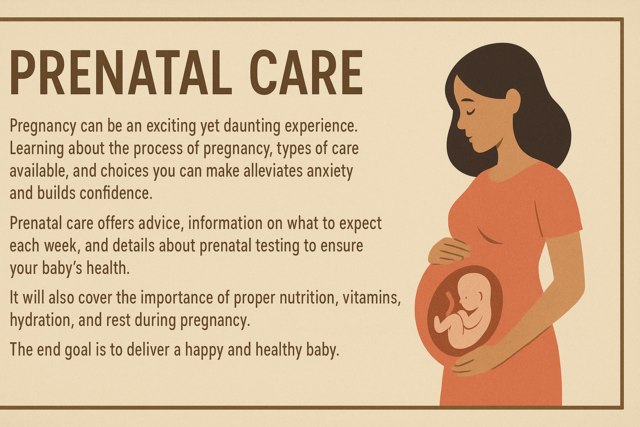
4 Hours average completion time
0.4 CEUs
11 Lessons
23 Exams & Assignments
7 Discussions
12 Reference Files
Mobile Friendly
Last Updated January 2026
Pregnancy is a common enough occurrence. It happens all the time. Until it happens to you or someone you love for the very first time. Then, the questions mount and without answers your fears may begin to get the better of you. By looking into the entire process of pregnancy, the kind of care you can select, evaluating the choices you can make will take away the fear and anxiety of this very beautiful condition.
Learning what could be dangerous to you and your growing baby will help you to make choices at work and at home that will ensure the safety of both of you. How you take care of yourself during your pregnancy will have a major influence on how healthy you and the baby are after delivery. The beauty of preparing yourself for the labor and delivery portion of this journey is that you will have so many more choices than the mothers who just wait for things to happen.
By adequately preparing yourself, your partner, and your healthcare giver, you will be the one in charge of your body both during and after pregnancy. The end goal is to deliver a happy and healthy baby. Prenatal Care lessons will assist you every step of the way.
- Recognize prenatal healthcare options
- Enhance emotional resilience skills
- Adapt to hormonal changes
- Navigate medication safety during pregnancy
- Develop nutritional planning strategies
- Balance energy and fatigue
- Understand genetic testing implications
- Prepare for childbirth confidently
- Implement stress-management techniques
- Apply mindfulness in labor
-

Career Coaching
-

Weight Training
-

CPT Coding for Beginners
-

Wellness Coaching
-

Medical Office Management
-

Introduction to Medical Billing
-
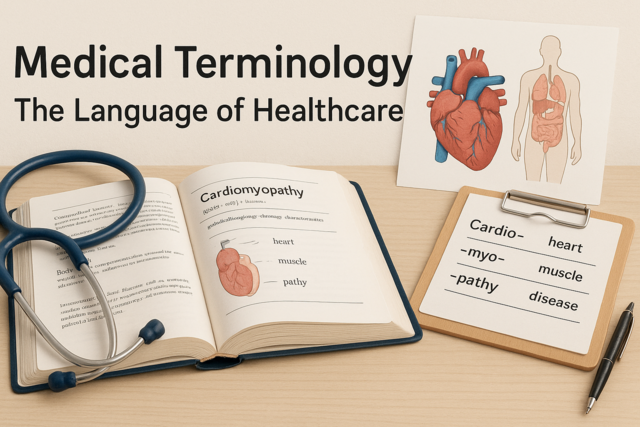
Medical Terminology 101
-

Life Coaching 101
-

Medical Terminology 201
-

End of Life Care
-
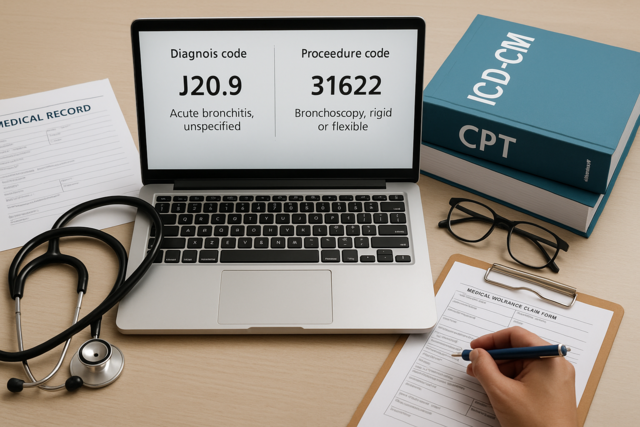
Introduction to Medical Coding
-

Life on Your Terms: Awaken Your Inner Coach
-

Nutrition 101
-

Microbiology Mastery: Unlocking the Foundations of Life
-

Become a Life Coach - Course Bundle
-

Medical Terminology for Medical Coders
-

Medical Billing and Coding Course Bundle
-

Lifetime Wellness 101
-
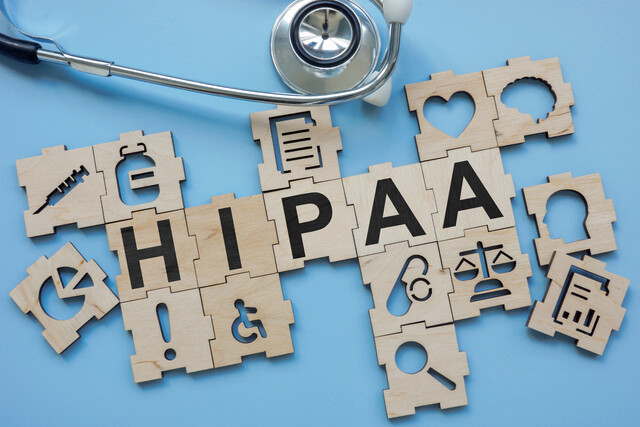
HIPAA Compliance 101
-

Caring for Patients with HIV/AIDS
-

Anatomy and Physiology 101
-

ICD-10: Medical Coding
-
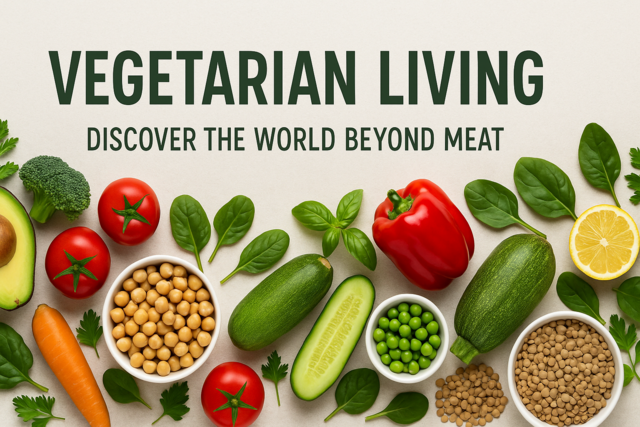
Vegetarian Living: Discover the World Beyond Meat
-

Understanding Concussions
-

Anti Aging Techniques
